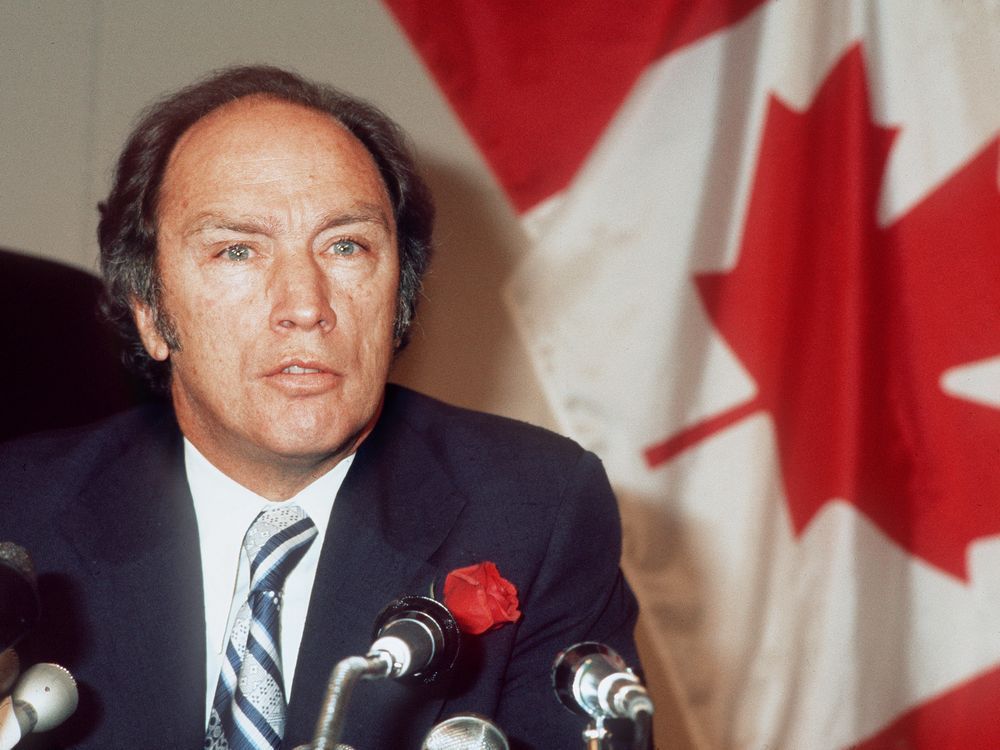This Week in History: 1969: Official Languages Act comes into effect across the country

Credit to Author: Kevin Griffin| Date: Fri, 06 Sep 2019 18:00:38 +0000
Alan Hoare was such an avid supporter of bilingualism, he went to Tours, France to take a language course at the University of Poitiers.
When B.C. Hydro’s chief security officer arrived at the university, he discovered something unexpected: there were 30 other fellow Western Canadians also learning French to further the cause of bilingualism. Hoare told a Vancouver newspaper that had compulsory “French-English courses existed in our Canadian schools for the past 20 years, the present, divisive view of East and West would not exist, with a united Canada the end result!!”
As difficult as it is to believe today, language was a divisive issue across the country in the summer of 1969.
On Sunday, Sept. 7, 60 days after receiving royal assent, the Official Languages Act became law across the country. It made English and French the country’s two official languages. Where numbers warranted, federal institutions had to make services available in the two founding European languages.
“This bill is of the greatest importance in promoting national unity,” Prime Minister Pierre Trudeau was quoted as saying in The Vancouver Sun.
Opposition to bilingualism was considerable. In the House of Commons, former Prime Minister John Diefenbaker led a dissenting group of Conservative MPs who voted against second reading of the act.
Diefenbaker was most upset by the proposal to create a Commissioner of Official Languages who would have the power to investigate complaints.
He believed the commissioner would be under the influence of federal politician Gerard Pelletier, who was “known to be the sworn enemy of anything in country that is in the British tradition. This official will become the grand inquisitor of the realm.”
To defend bilingualism and the Official Languages Act, Trudeau wrote a column published in newspapers across the country.
He started off with what was perhaps the most provocative quote attributed to English-speaking Canadians that repeatedly appeared in the media during the bilingualism debate: “’Why are they forcing French down our throats?’”
Trudeau said the question is based on a misunderstanding of what bilingualism means.
“In fact, everyone in Canada will not be required to speak French, any more than everyone will be required to speak English.”
He went on to say that most of the people who deal with the federal government speak only one language.
“It is because everyone in the country is not expected to speak both languages, and never will be, that the federal government must be able to speak to Canadians in either French or English wherever there are enough French speakers or English speakers to warrant it.”
Trudeau believed bilingualism was becoming more acceptable among the young.
“However urgent it may be to introduce such a policy, and I believe the very survival of our country depends on it, we should not expect to reap its full benefits overnight.
“That will require fundamental changes in attitudes and institutions, which may take years, or even generations.”
A 2019 study by the Conference Board of Canada found that bilingual English-French Canadians outside of Quebec contribute $134.8 billion to the country’s GDP. Across Canada, bilingual speakers represent one-fifth of the workforce.